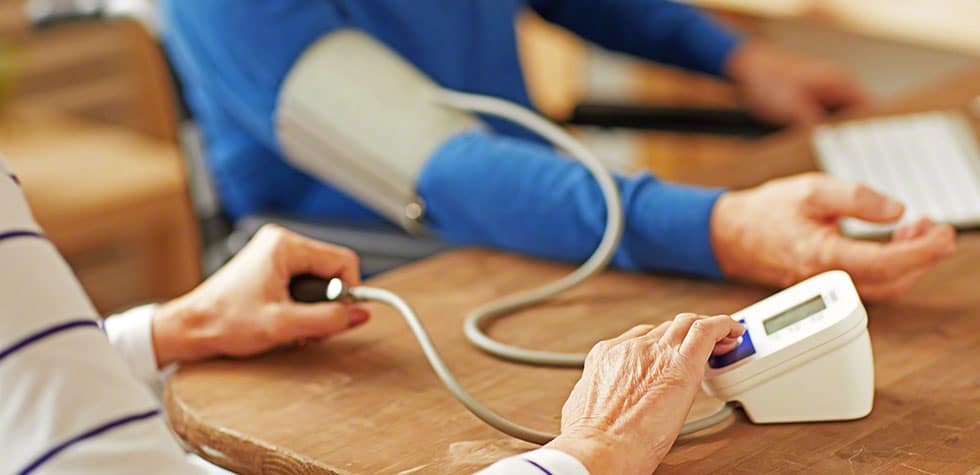Have you ever heard of a severe allergic reaction that morphed into a medical emergency and the patient is taken to a hospital or allergy clinic? Anaphylaxis is that condition. Here is everything you need to know about anaphylaxis and its different stages.
What Is Anaphylaxis?
Anaphylaxis is a type of severe allergic reaction which is caused by an allergen having contact with your body. Either you eat something like peanuts or some food which you can’t stomach, or it is some sort of allergen like pollen or dust. It causes a chain reaction of allergies in your body and it will immediately target your vital body responses like breathing and heart pumping. You will feel out of breath and your immune system will be severely compromised.
Anaphylaxis is typically a target to your immune system and it causes your body to go into shock. Your body cannot fend for itself and it goes into protective mode and begins to shut down.
The Different Stages Of Anaphylaxis
Here are some stages of symptoms of anaphylaxis which will increase in severity as time goes on.
The Exposure Of The Allergen
The first and the most preliminary stage of anaphylaxis is the contact of the allergen with your body. The allergen can be anything from pollen, dust, to pet hair, to even something which you might have eaten. Usually, edible things can cause the most severe allergic reactions which morph into anaphylaxis. And if it isn’t treated it can turn detrimental very quickly.
The Initial Symptoms Of Anaphylaxis
Here are some of the early symptoms of anaphylaxis.
- You will have difficulty breathing.
- You will feel nauseous.
- You will be caught in a coughing fit.
- You might start to experience diarrhea.
- You will have less of an appetite and your stomach will turn at the thought of eating anything.
- Your skin will break out in red bumps and patches.
- You might also have difficulty in speaking coherent words and your speech will be slurred.
Keep in mind that these symptoms are the result of the chemical effects of the body when an allergen enters the body. Your body will release chemicals which will try to fight off the foreign body in your bloodstream, but if it doesn’t work, then the symptoms get worse.
When It Starts To Get Worse
Here are some very strong signs that something is very wrong with your body and it’s not just a normal allergic reaction.
- You will have an irregular heartbeat.
- You will lose consciousness.
- Your oxygen saturation in the blood might start to decline a lot, which will cause difficulty in breathing.
- You will feel like your pulse is too high.
- You will have physical chest pain.
- You will need a lot of effort to breathe in and out.
- Your breathing might completely stop and you may go into a cardiac or respiratory arrest in the worst case scenario.
Medical Attention Required
This is probably the stage where you need medical attention. As soon as you start to feel the symptoms coming up and alleviating as time goes on, you need to go and see a doctor immediately. They will probably admit you if you are not in good shape. The doctors will try to alleviate your symptoms first before they can give you anything else for the anaphylactic reaction or shock.
What Are The Treatments For Anaphylaxis?
Here are some treatment options for an anaphylactic shock or reaction.
Epinephrine is the most common and effective treatment for an anaphylactic shock. It is commonly known as an EpiPen. It is a pen-like injection which is inserted in your body to completely get rid of the reaction and protect your immune system. These pens are available with a doctor’s prescription and you are able to use them for about a year before they expire and you have to discard them.
As for other treatments, trying to alleviate the symptoms is a great thing to do before anything gets worse.
There you have it! Now that you know how anaphylaxis progresses, you can try to catch it in time and alleviate the symptoms before it turns into something irreversible and you need find allergy doctor Manassas to treat it.



